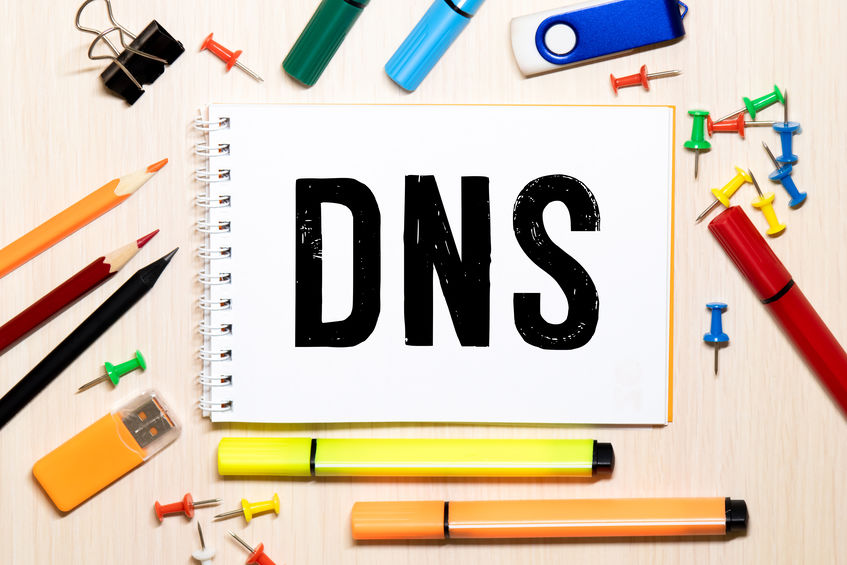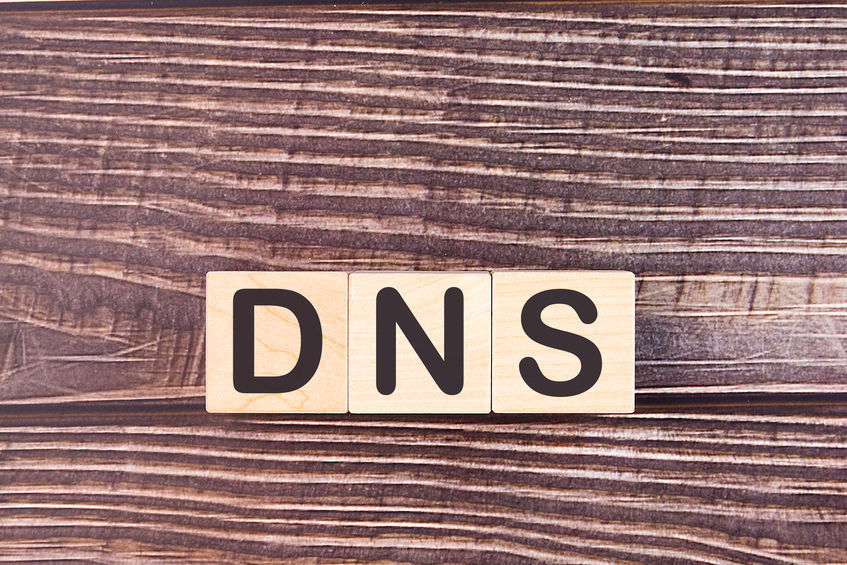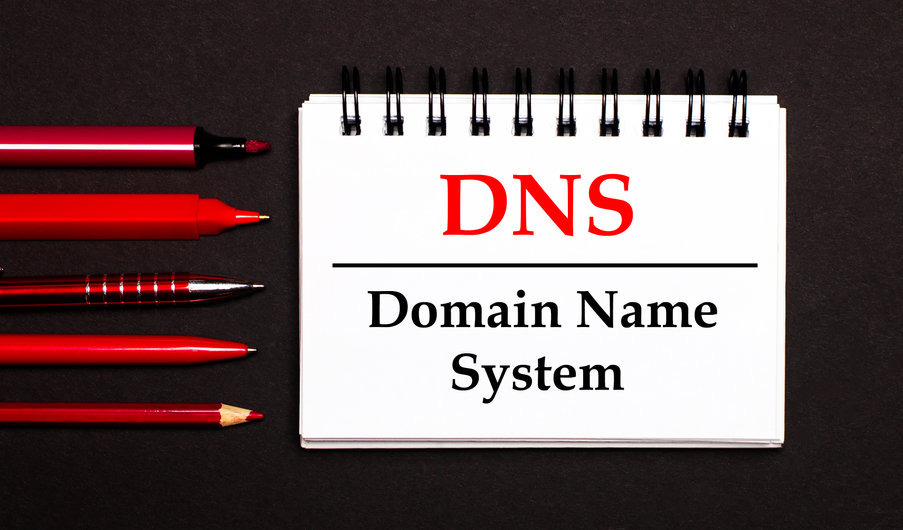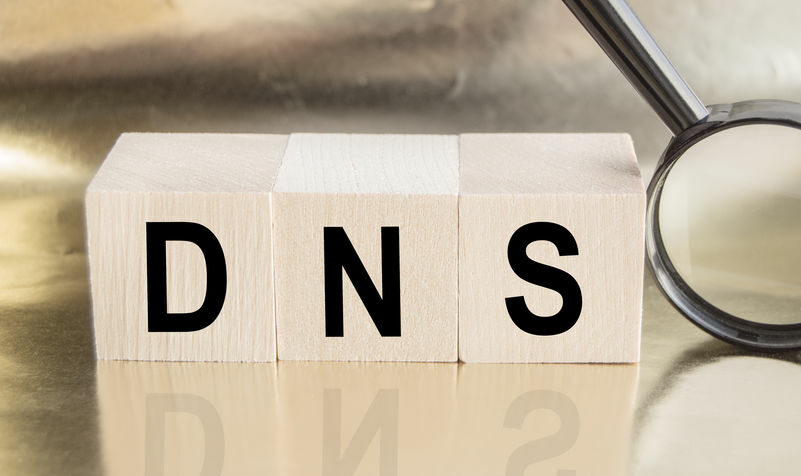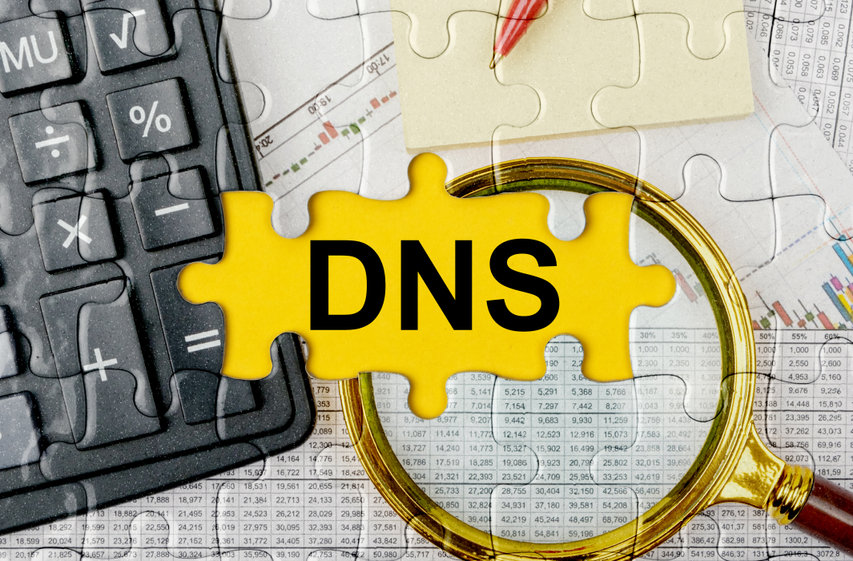Our topic today is the Private DNS server. Have you ever heard something about it? If not, don’t worry. You have come to the right place. Today we will explore its main purpose and why it is so beneficial. But first, before we go on to the Private DNS server, let’s define the Domain Name System (DNS).
What is DNS?
The Domain Name System, or DNS for short, is a decentralized namespace that is organized. Its major goal is to help users browse inquiries, discover the host they’re looking for, and respond swiftly. The DNS was created in the 1980s to replace the wasteful HOSTS.txt file, which contained all of the current hosts. Because of its scalability and speed, DNS is superior.
In a nutshell, DNS is a service that maps domain names to IP addresses and may also be used to map services to hosts, verify distinct hosts and services, and so on.
The definition of a Private DNS server
As the name implies, a Private DNS server is something separate. They’re DNS networks that aren’t part of the public DNS system. Think of it as a personal library with a small selection of books. This has both benefits and drawbacks. Although if you want to read a particular genre of book, you won’t be able to. However, there is one advantage: because your library is personal, no one will know what you are reading.
Private DNS server – components
To better comprehend Private DNS, two additional terminology should be discovered:
- The first one is TLS. It stands for Transport Layer Security, and it is one of the most widely used security protocols for encrypting, authenticating, and ensuring the integrity of data. TLS’ primary goal is to protect two-way communication between a client and a server on one side and a server on the other. In addition, Transport Layer Security is the protocol that has totally replaced SSL (Security Socket Layer). The SSL protocol hasn’t been safe for a long time, but people are still looking for it, so you’ll hear about it for a little longer.
- HTTPS (Hypertext Transfer Protocol Secure) is a more secure version of HTTP. HTTPS generates encryption codes or session keys that must be certified by a third-party authority. Users without authorization will not be able to access the information of others due to the system’s security. How? It uses TLS to encrypt HTTP requests and responses (or SSL in the past). The information exchanged would be unreadable if it were accessed by a third party. The message will appear to be a collection of random characters.
Why is it beneficial?
A Private DNS server is absolutely beneficial. Why? Because it gives you security. If you use a Public DNS server you could be more easily DoS and DDoS attacked. But if you implement a Private DNS server this is very unlikely to happen. DoT and DoH are in charge of ensuring this. They encrypt data sent between your network and the DNS server, preventing it from being intercepted by third parties.
Conclusion
To summarize, оne of the most important security issues on the Internet is public DNS. However, the Private DNS server is a great decision against this. Configuring it helps safeguard you and your devices from harmful Internet actors. So, don’t hesitate and take advantage of it.


